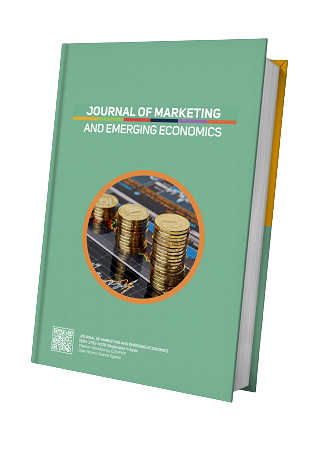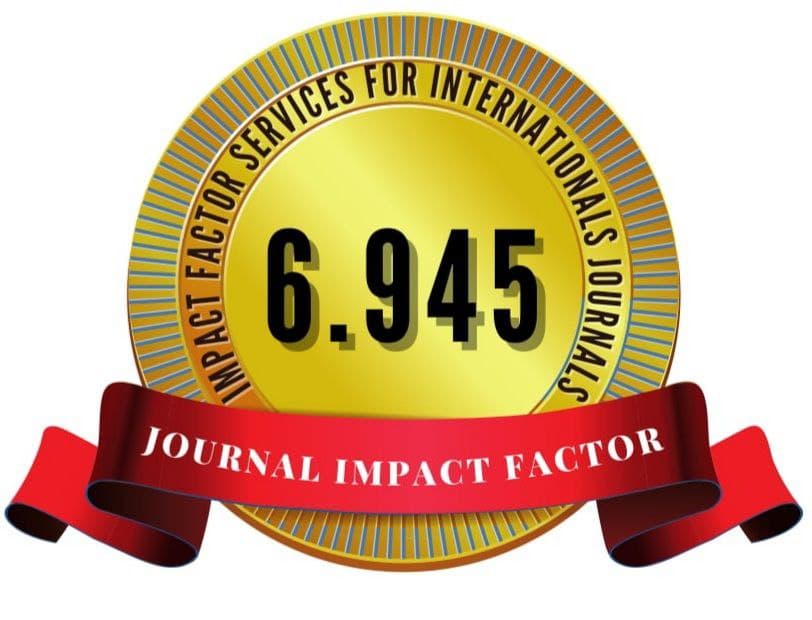Status of Crop Diversification in Uzbekistan and its Empirical Analysis
Keywords:
Crop diversification, Simpson index, Cropping patterns, Empirical analysis, Panel dataAbstract
The main objective of this study is to examine the status and level of crop diversification among farms in the country through an empirical analysis using panel data collected in 2009-2017. In doing so, we performed the Stata-16 software utilizing the Simpson Diversification Index model in determining the diversification index. According to the results, the highest diversification indicators were found for Samarkand, Fergana and Tashkent regions, respectively, and accounted for 0.74, 0.74 and 0.76, respectively. It can be seen that the existing farms in Tashkent region used more diversified crops than other regions of the country. The average diversification rate of these regions was 0.66. This means that farms in the study areas are not highly diversified. Increasing crop diversification will allow farms to manage different price and production risks, as well as to ensure food security for farmers and further increase their overall incomes.






